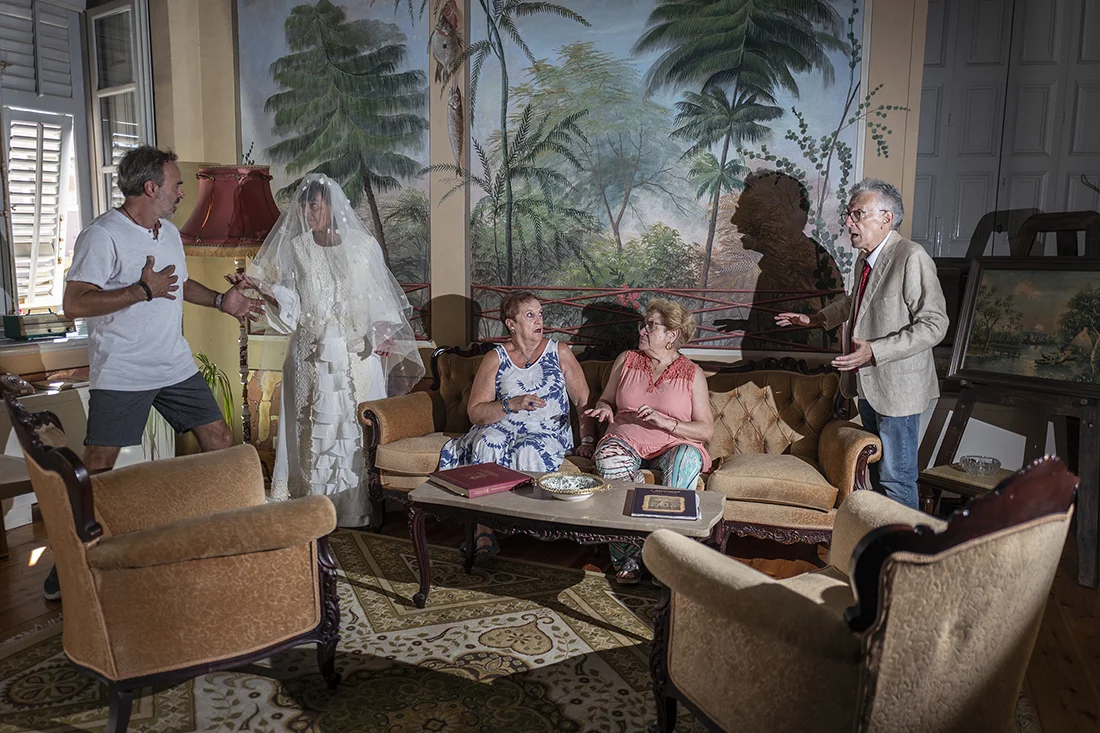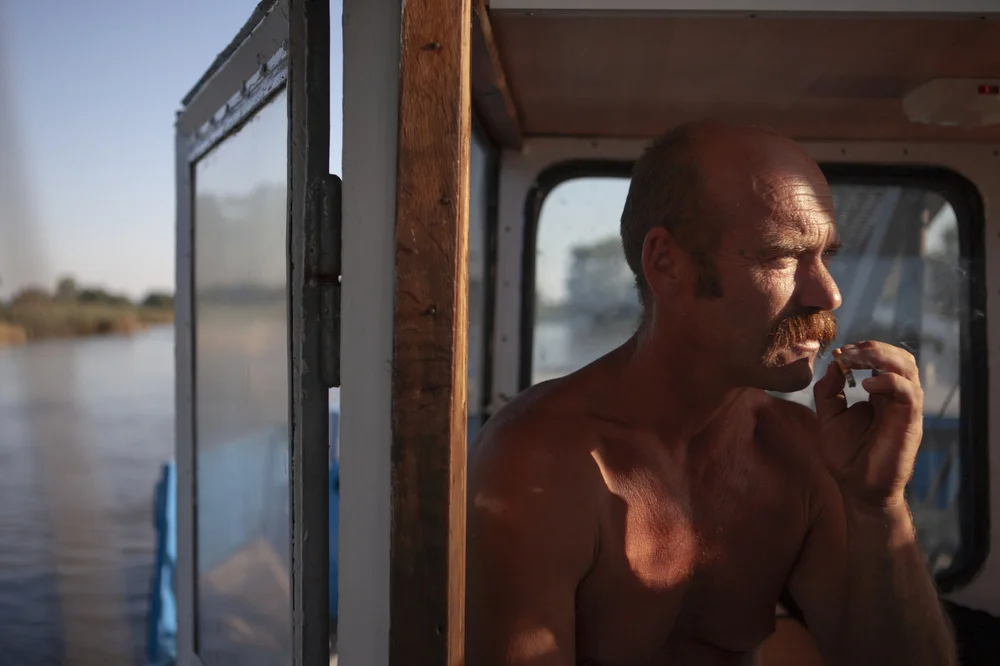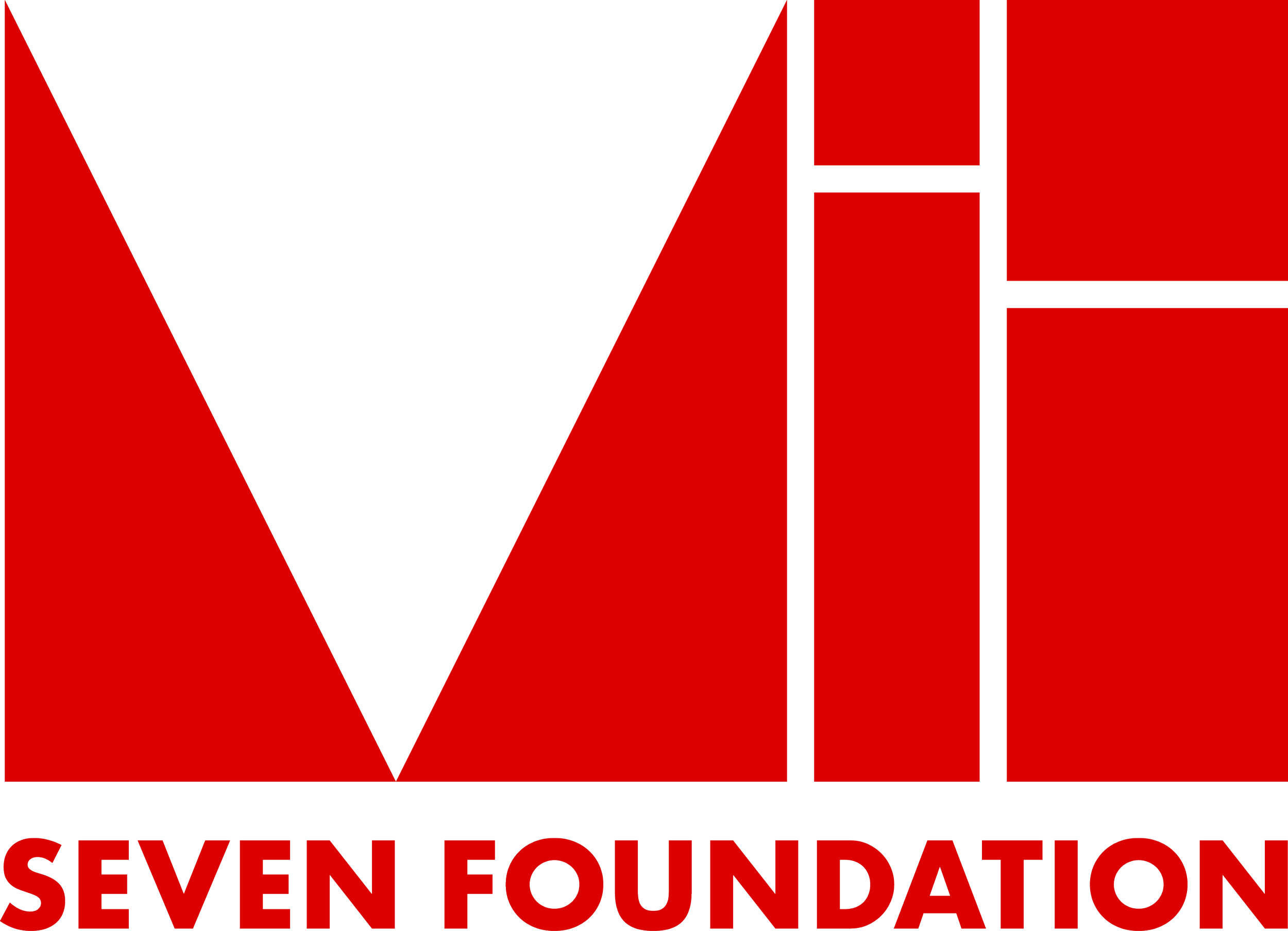Natalie McGee has lived an extraordinary life. At 85, she manages a 100-acre ranch of prickly pear cactus and sells their juice through her business, Arizona Cactus Ranch. She views her work with the prickly pears as a natural extension of her career as a social worker – her life has been dedicated, above all, to helping people.
At 13, Natalie chose American Sign Language as an extracurricular activity, becoming fluent by 18. At the time, using sign language in schools was illegal; Deaf children were forced to learn lip-reading. She earned undergraduate and graduate degrees in Social Work, spending the first decades of her career as a social worker helping both the Deaf and hearing communities, including working to legalize sign language in schools.
In 1991, living on her family’s ranch in Sahuarita, Arizona, Natalie decided to sell jam from the prickly pear cacti at the local Green Valley Fair one weekend. She recalls, “ By Monday morning, my phone started ringing, and it has never stopped. It was these Green Valley folks: ‘my sugar is way down, my blood pressure is normal today,’ call after call after call... ‘You’ve got to make this for us.’”
Decades later, Natalie shows no sign of slowing, monitoring every aspect of her production. While it has become trendy to make candy, cocktails, and syrups from prickly pears, she is adamant about keeping her products pure, without adding sugar, water, or chemicals. She fields calls daily from people inquiring about the medicinal properties, advising them based on their needs. Prickly pears are packed with electrolytes, anti-inflammatory, and proven to help with a wide range of illnesses: cancer, arthritis, diabetes, high cholesterol and high blood pressure. It doesn’t take much to see the benefits – just a teaspoon a day, though there’s no harm in consuming more.
Why did you retire or why are you still working?
Why did you retire?
Why are you still working?
“Well, I enjoy it. I like helping lots of people if I can. I’m a social worker, and I run my business like a social worker, I always have. If there’s a way we can help people, I would like to be a part of it... As long as I’m able to... then why not? I love helping people, and I’m just having a great old time doing it.”
Natalie shares that in 1991, she learned researchers at the University of Arizona were studying the medicinal properties of prickly pears, so she brought her products to them. They were stunned by the results, asking her to keep it private so they could monetize it, giving her a cut of the profits. She refused: “I’m going to tell everybody I see and meet, because God made this for everybody. They have a right to know about this.” The doctor threatened her, which only strengthened her resolve. “I made it my mission, that this was gonna be my new social work, and I was gonna end up helping as many people as I could. Because I couldn’t get over what was happening here, how beneficial it was, and how little it took.”




















































































.svg)






